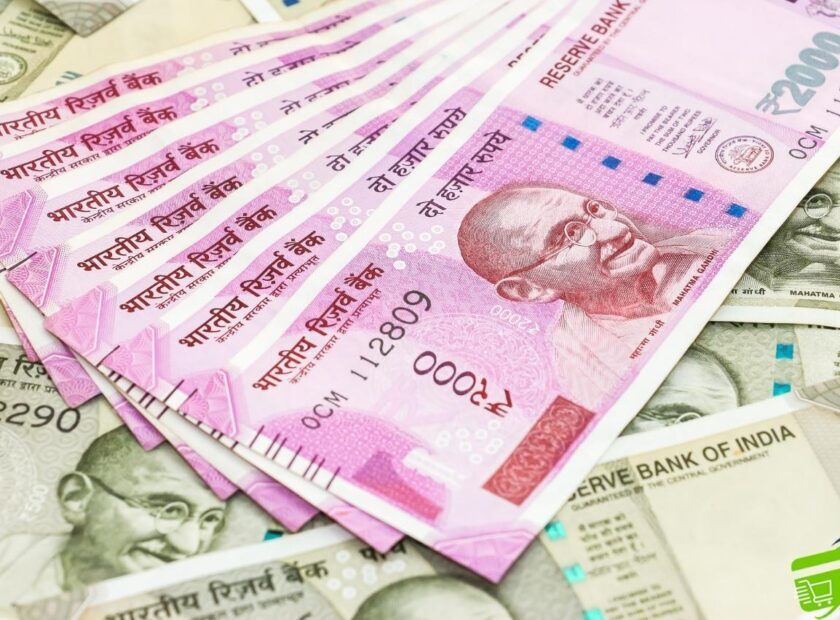
Markets close higher for a second day; the Nifty increases by nearly 1%
Tuesday saw a rise in Equity indices again for a second straight day, with the Nifty gaining more than 1% as a result of widespread purchasing and a recovery in the United States and Asian stock markets.
The momentum was further boosted by foreign money infusions. Sun Pharma, Dr. Reddy’s, Tata Steel, IndusInd Bank, Titan, ICICI Bank, Bajaj Finserv, and Asian Paints were the top gainers among the 30-share Sensex pack.
The laggards, nevertheless, were Nestle, Infosys, Power Grid, and Reliance Industries Limited. Markets in Seoul, Shanghai, Tokyo, and Hong Kong closed higher elsewhere in Asia. In mid-session trades, European equity markets have been trading in the red. On Monday, the US stock markets finished higher.
In the meantime, the benchmark Brent crude price increased globally by 0.49 percent reaching $92.45 each barrel. According to statistics available with the BSE, foreign institutional investors (FIIs)changed their position from sellers to buyers on Monday, purchasing shares valued at a net Rs 312.31 crore.
Rise in Sensex
To end the day at 59,719.74, the 30-share BSE Sensex gained 578.51 points or 0.98 percent.
To end the day at 59,719.74, the 30-share BSE Sensex gained 578.51 points or 0.98 percent. It increased 964.56 points or 1.63 percent over the day to reach 60,105.79.
The NSE Nifty finished at 17,816.25 after rising by 194 points or 1.10 percent. It increased by 297.05 points, or 1.68 percent, to 17,919.30 during the day.
The Indian market doesn’t seem to be concerned about Fed policies. The buying on dips method is being emphasized here. Even the underperforming IT and pharmaceutical sectors joined the rise, gradually establishing themselves as a value selection for long-term investors. The global market must stabilize, nevertheless, for the trend to continue. In the present unfavorable global economic environment and India’s highly premium valuation in comparison to the rest of the globe, this makes more sense to be stocks and sector-specific, according to Vinod Nair who is the Head of Research at Geojit Financial Services.
How the Indian stock market is impacted by global indices?
The Indian stock market’s movement is influenced by a variety of factors. Most of these variables could be classified into two categories: microeconomic and macroeconomic factors. Individual stocks that are impacted by microeconomic factors in addition to the entire economy or all sectors are affected by macroeconomic variables. Indian stock markets are affected throughout time by certain factors, or prices shift in anticipation of certain occurrences or developments in the economy, a sector, or particular stocks.
Some microeconomic factors
- Dollar Index: The dollar index is among the macroeconomic factors that significantly affect the Indian stock markets. Investors should be mindful of the negative correlation between the dollar index as well as the Indian stock market.
- US market indices: Globalization has resulted in the creation of a single economy that runs in lockstep across the entire planet.
Global Markets (from AP)
Tuesday saw gains in most international stocks after Wall Street ended higher following a late buying frenzy as investors anticipated another interest rate hike by the US Federal Reserve.
Early trade saw the French CAC 40 decline 0.5% to 6,034.21. The DAX in Germany fell 0.3% to 12,763.74. The FTSE 100 in Britain increased 0.3% to 7,258.85. The S&P 500 future increased by less than 0.1% whereas the Dow industrials future remained constant.
Tuesday saw gains in most international stocks after Wall Street ended higher following a late buying frenzy as investors anticipated another interest rate hike by the US Federal Reserve.
Early trade saw the French CAC 40 decline 0.5% to 6,034.21. The DAX in Germany fell 0.3% to 12,763.74. The FTSE 100 in Britain increased 0.3% to 7,258.85. The S&P 500 future increased by less than 0.1% whereas the Dow industrials future remained constant.






